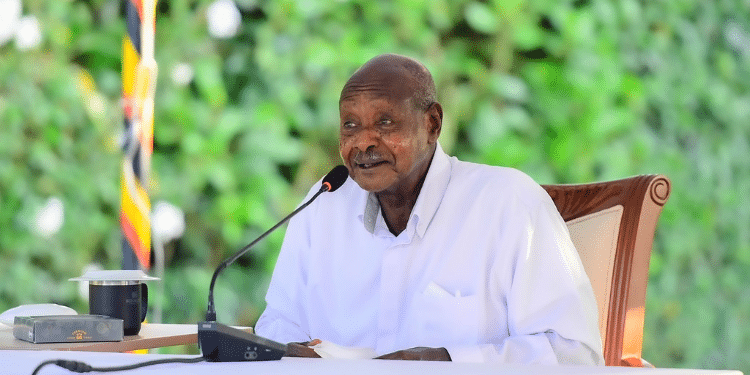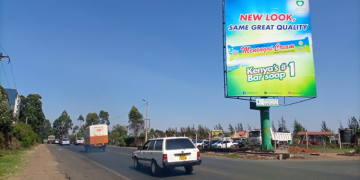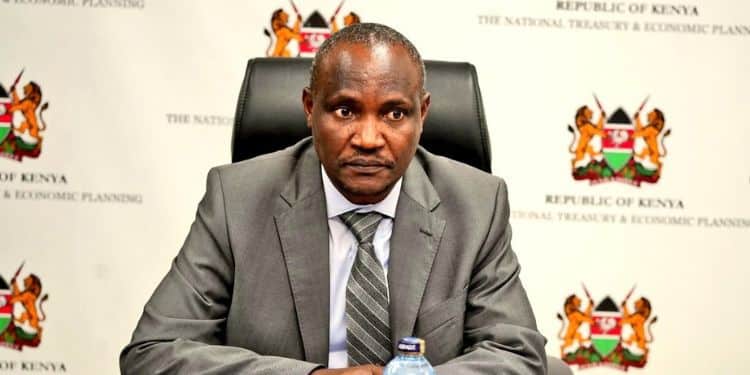National Treasury Cabinet Secretary (CS) John Mbadi has outlined measures he will be taking to ensure increased revenue and stability of the ministry.
Speaking during the handing over event from the former CS Njuguna Ndungu, Mbadi said that he will implement various cost cutting measures including the removal of zero rating.
According to Mbadi, although the proposal, which was in the Finance Bill 2024, had been rejected, it was the best way to help the country grow.
Further, he explained that he will not implement the proposal in the bill as is, because it will be a disrespect to Kenyans.
However, he will only allow tax subsidization for basic commodities that affect the day to day lives of the people.

Also Read: Finance Bill: Govt Drops Contentious Tax Proposals After Pressure
“Yes, we have lost the Finance bill of 2024. It will be wrong and an abuse to the people of Kenya if you tell them that you are reintroducing that bill. We cannot reintroduce it despite the progressive provisions in it.
“The country must grow. There are provisions that was in the bill that would help the country to grow. One area is the issue of tax expenditure. A lot of tax refund claims are fictitious, and we know it, so we must look for ways of reducing tax expenditure.
“We can do this by, there are commodities and items you may not stop subsidizing because they are basic, they impact the cost of living, but you can move them to exception so that you do away with zero rating of commodities,” he said.
Mbadi Explains How Kenyans will Benefit
Moreover, the CS said that tax refunds contributed about 65 percent of the country’s expenditure, adding that government must not continue paying off companies for the subsidized products.
Additionally, he said that Kenyans would still benefit from the elimination of tax refunds because essential items will still be subsidized.
“It ends up clogging our system. By the way VAT returns could be contributing about 65 percent of the total expenditure. If we manage that, that is money we are giving back to the exchequer to be used for development.
“So, Kenyans must accept that we will give some relief on some critical and important items but led us removing zero rating. The benefits are usually passed to consumers,” added Mbadi.
Also Read: CS Ndung’u Advises Ruto on How to Make More Money from Taxing Kenyans
Tax on Bread Proposal in Finance Bill
In the Finance Bill 2024, the National Treasury proposed a 16 per cent VAT on both unleavened and leavened bread which had earlier been exempted from taxation.
According to the former CS, the move would ensure tenfold returns and reduce financial constraints by broadening revenue incomes. He explained that the decision would come after understanding the market and the purchasing patterns of Kenyans.
“The total VAT collected in Kenya comprises of about 40 percent of the total tax, 18 percent of it goes to tax refunds on items that are considered to be consumed by the poor.
“But when you look at it, you realize that 95 percent goes to bread and milk. Then the next question is that who goes to the supermarket to buy bread and milk? So, we were not compensating the poor, we were compensating the middle class,’ he argued.
Follow our WhatsApp Channel for real-time news updates.
https://whatsapp.com/channel/0029VaB3k54HltYFiQ1f2i2C








































































